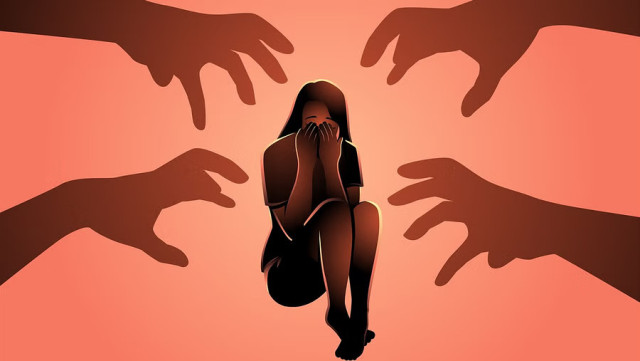A recent report from the Salama Sexual Assault Referral Centre (SARC) indicates that in Nigeria, a woman is sexually assaulted or murdered every 10 minutes.
The study was based on findings from the centre which showed that between 2019 and 2025, approximately 4,426 women, girls, and children in eight council areas of Kaduna State experienced various forms of gender-based violence (GBV).
Grace Abim, the SARC Centre’s Manager for the Kafanchan Zone, shared this information during a capacity-building session organized by Global Rights Nigeria in Abuja.
She noted that in 2019, only two GBV cases were recorded, but due to increased awareness, the number surged to about 4,426 incidents as of January this year, with 3,600 of these being primarily women.
Abim emphasized that there is still much work to be done regarding GBV, pointing out that people have started to speak out, especially in states that have established Sexual and Gender-Based Violence Centres, unlike the previous situation where many suffered in silence due to the absence of reporting mechanisms.
Commenting on the slow process of achieving justice for victims, Abim identified numerous barriers to justice, such as social, religious, and cultural factors. She asserted the necessity of punishing offenders in accordance with the law.
“GBV does not discriminate based on age, culture, religion, tribe, or profession; anyone can become a victim. However, the majority of reported cases involve women and children,” she stated.
Abim highlighted the importance of funding in tackling this issue, insisting that the government cannot address this challenge alone and urging support from private individuals.
While she acknowledged that the Kaduna State government had allocated essential resources to the centre, the rising number of cases necessitates increased funding from concerned Nigerians.
Noya Sedi, the Programme Officer for Women and Gender at Global Rights, remarked that the workshop's goal was to enhance effective community referral pathways for addressing sexual and gender-based violence (SGBV) in the Northwest and to underscore the vital role of Sexual Assault Referral Centres (SARCs) in managing SGBV cases appropriately.
She mentioned the aim to connect informal community-based responses to formal support systems, merging community dialogue committees with established structures to refine referral pathways and response strategies to GBV.
The training also stressed the significance of community engagement since local members often serve as the initial point of contact for survivors.
The project promoted ongoing community-driven dialogue to improve safety and awareness for everyone.




















